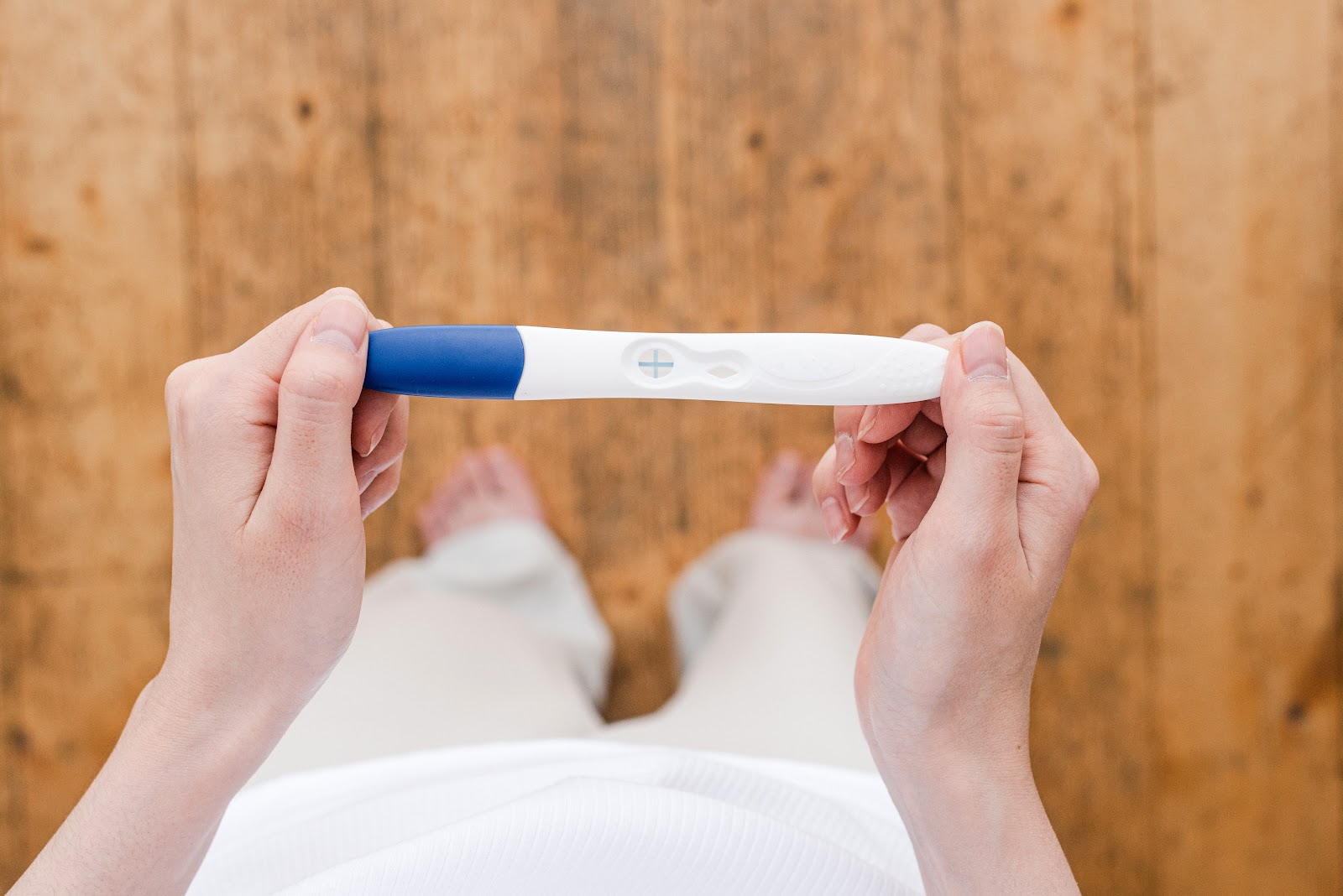January is not just the beginning of a new year; it's also recognized as National Birth Defects Prevention Month. This observance serves as a crucial reminder of the importance of raising awareness about birth defects and promoting measures to prevent them. A baby's overall health and development can be affected by birth defects (structural or functional abnormalities).
Before delving into prevention strategies, it's essential to understand what birth defects are and how they can impact individuals and families. Birth defects can affect various parts of the body, such as the heart, brain, spine, or limbs. They can range from mild to severe, and some may even require lifelong medical interventions. While not all birth defects are preventable, awareness and education play a crucial role in minimizing risks.
One of the key components of birth defects prevention is ensuring comprehensive prenatal care for expectant mothers. Regular check-ups, proper nutrition, and avoiding harmful substances are essential during pregnancy. Mothers are encouraged to adopt healthy lifestyles, including abstaining from smoking, alcohol, and illicit drugs, which can significantly reduce the risk of certain birth defects.
Some birth defects have a genetic basis, meaning they are passed down from one or both parents. Genetic counseling can provide valuable insights into the potential risks and help families make informed decisions. Understanding family medical history and undergoing genetic testing when necessary can empower parents to take proactive steps in managing potential risks.
Folic acid is a B-vitamin crucial for the development of the baby's neural tube, which forms the brain and spinal cord. Adequate folic acid intake before and during early pregnancy can significantly reduce the risk of neural tube defects. Encouraging women of childbearing age to take folic acid supplements and consume foods rich in this vitamin is a simple yet impactful preventive measure.
Certain environmental factors, such as exposure to harmful substances and chemicals, can contribute to the development of birth defects. National Birth Defects Prevention Month is an opportune time to raise awareness about the importance of creating safe and healthy environments for pregnant women. This includes advocating for workplace safety, avoiding exposure to toxins, and promoting overall environmental consciousness.
National Birth Defects Prevention Month serves as a beacon of hope, encouraging individuals and communities to take proactive steps in preventing birth defects and supporting those affected. Together, let us strive for a world where every child has the opportunity for a healthy and fulfilling life from the very start.











No comments:
Post a Comment